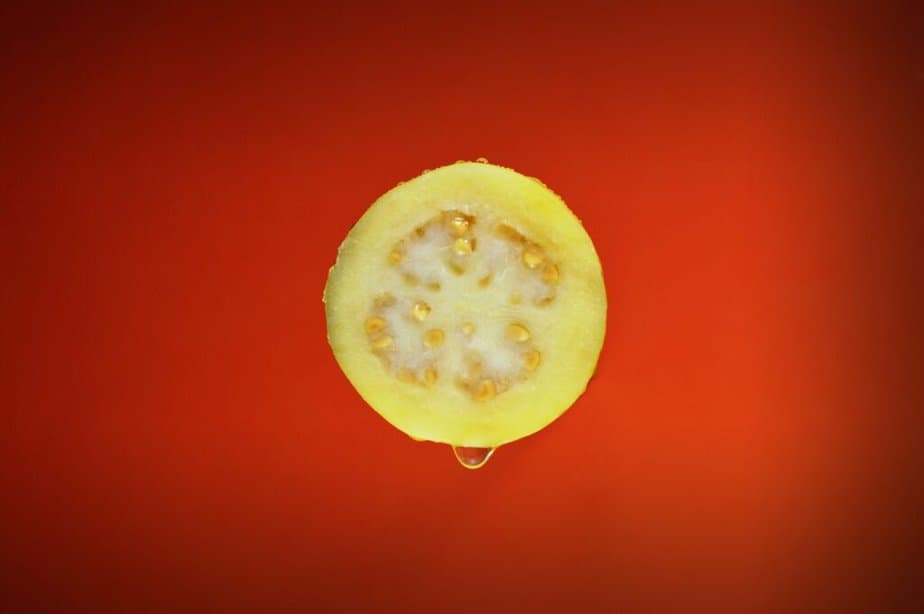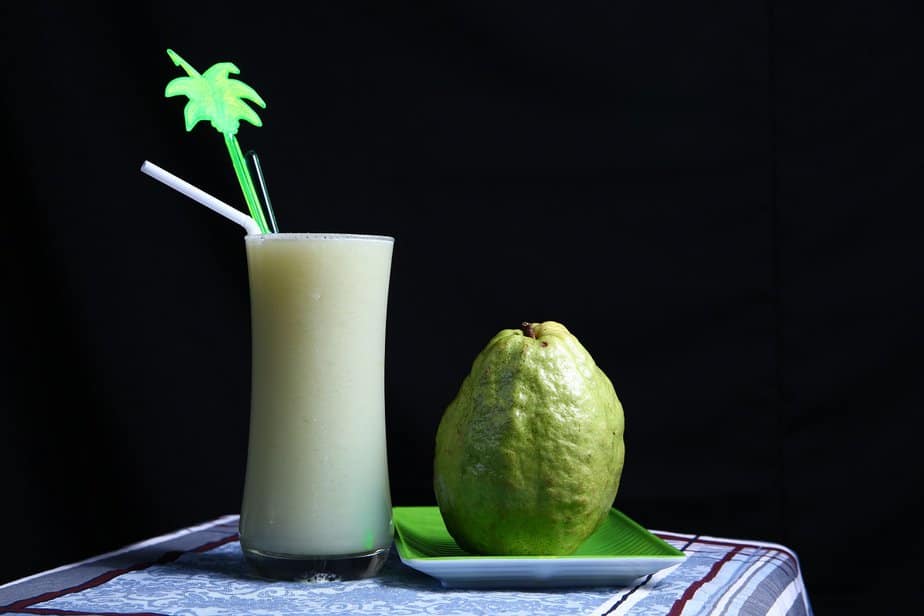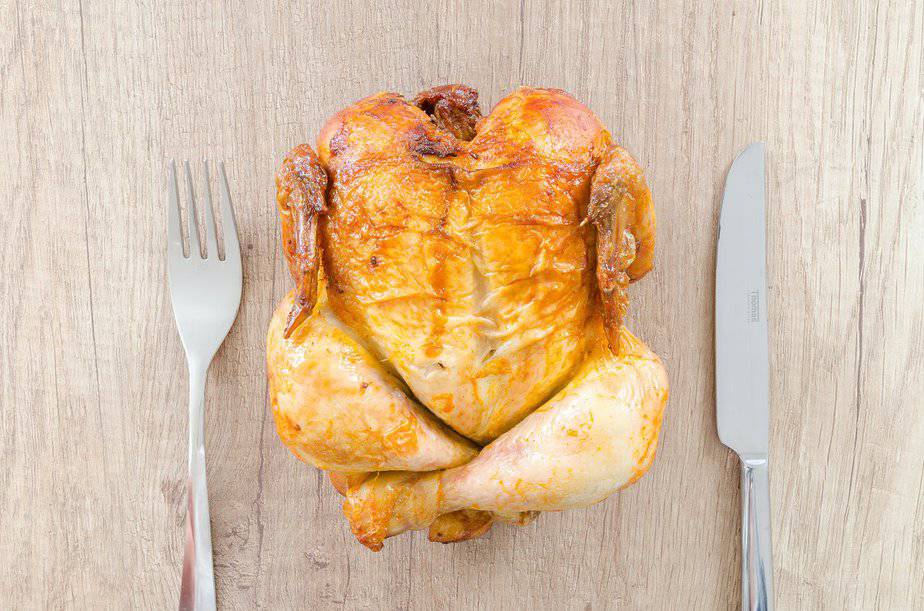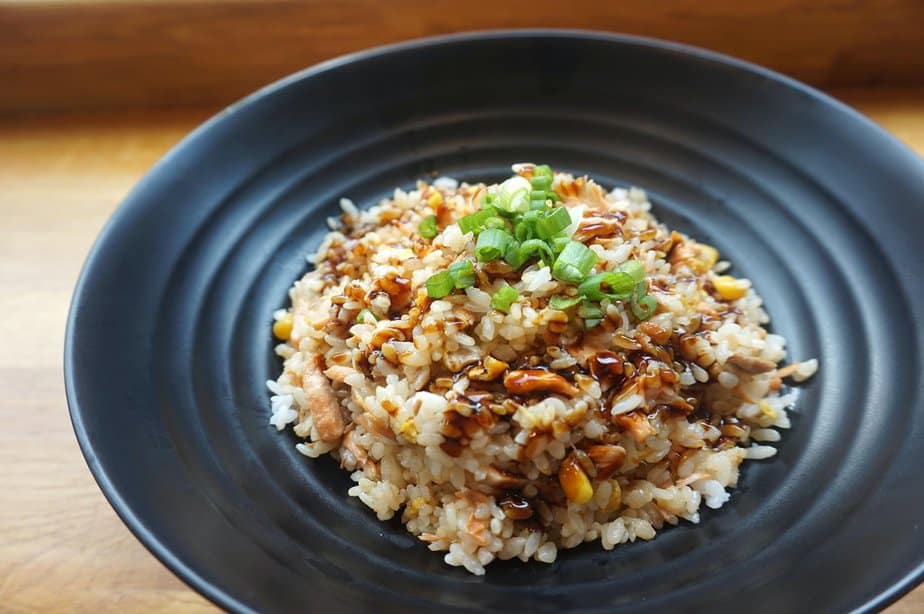Guava is a tropical fruit renowned for its nutrient richness. It is packed with vitamins A and C, dietary fiber, and a cocktail of antioxidants, making it a delectable treat for humans. The fruit comes in an array of colors – green, white, and pink – that vary with the level of ripeness and variety of the plant. But is it safe for our canine companions? It is a very important
Can My Dog Eat Green, White and Pink Guava?
The answer is a resounding yes. Dogs can safely eat guava, regardless of whether it’s green, white, or pink. However, as is the case with any vegetable and fruit, it is crucial to moderate the quantity given to your dog. Overfeeding can lead to gastrointestinal upset and other health complications.
The green guava, which is less ripe, is known for its strong, tangy flavor. On the other hand, white and pink guavas are ripe and softer, offering a sweeter taste. Dogs can enjoy any of these varieties. However, it is essential to serve them in small, bite-sized pieces. Giving a dog a whole fruit can be overwhelming, and there’s a risk of choking, particularly with smaller dogs.

Guava Leaves, Seeds and Skin – Are They Safe for Dogs?
When exploring the question “Can dogs eat guava?”, we often tend to focus on the flesh of the fruit. But what about the rest of the fruit, such as the leaves, seeds, and skin?
Let’s start with guava seeds. While small and soft in ripe guavas, they are not toxic to dogs. They do pose a potential choking hazard though and can cause intestinal blockage if ingested in large quantities. Consequently, it’s generally best to remove the seeds when feeding guava to your dog.
Next up is the guava skin. The skin of the guava is a bit tougher and more fibrous compared to the inner flesh. While dogs can technically eat it, certain dogs, particularly those with sensitive stomachs, might have difficulty digesting it. Therefore, while the skin is non-toxic, it might be best to stick to feeding your dog the guava flesh to avoid potential digestive issues.
Finally: the guava leaves. They’re not typically included in the human diet. While guava leaves aren’t toxic to dogs, they contain high amounts of fiber which can lead to digestive issues if consumed in large quantities. As a general rule, it’s recommended to stick to feeding your dog the fruit flesh and steer clear of the leaves.
As a general rule, just feed your dog the guava flesh. It is safer.
Can Dogs Eat Guava Paste?
Another option that comes under scrutiny is guava paste. Guava paste, a staple in certain cuisines, is made from guava pulp, sugar, and sometimes includes additional ingredients like preservatives.
Because of those ingredients, this question is a bit complicated. While the guava component of the paste isn’t harmful to dogs, the high sugar content can pose problems. Similar to humans, dogs consuming too much sugar can lead to obesity, diabetes, dental issues, and more. Thus, if you do choose to feed your dog guava paste, it should only be in small amounts, and it should not be a regular part of their diet.
In short…
In summary, dogs can indeed safely consume guava, be it green, white, or pink, as long as it is given in moderate quantities. This advice extends to both the flesh and the skin of the fruit, while it’s advised to remove the seeds due to their potential choking hazard. Although guava leaves aren’t toxic to dogs, it’s best to avoid them because of their high fiber content, which could lead to digestive issues.
Guava paste, while not inherently toxic to dogs, is best offered sparingly due to its high sugar content. Remember, whenever you’re introducing a new food into your dog’s diet, it’s always best to consult with your veterinarian first. They can provide you with professional advice tailored to your dog’s specific dietary needs and health conditions. Always remember, moderation is vital, and maintaining a balanced diet for your pet will go a long way in ensuring their overall health and happiness.
Discover other articles regarding what’s safe and not safe to dogs, such as bones or chocolate.




